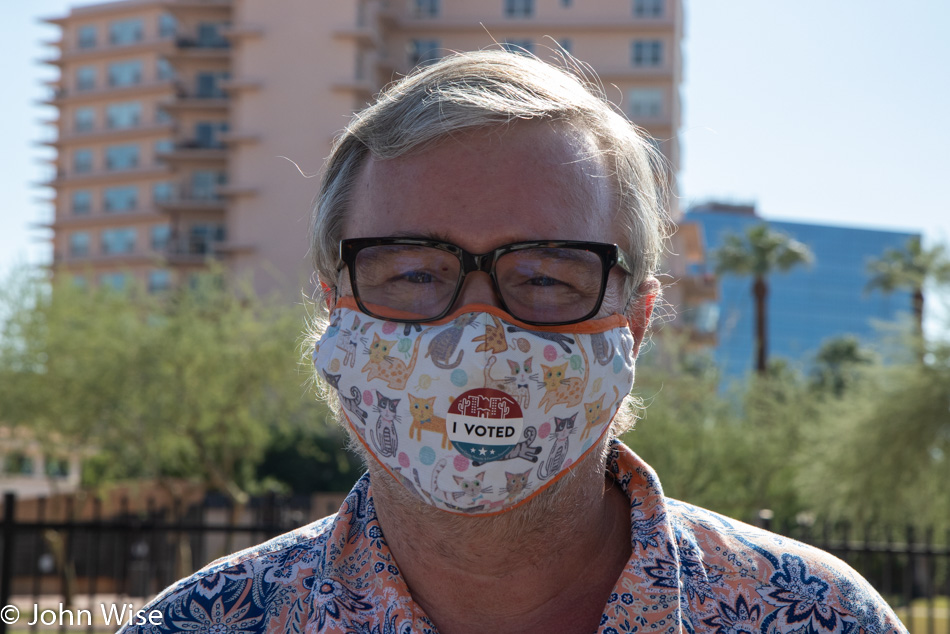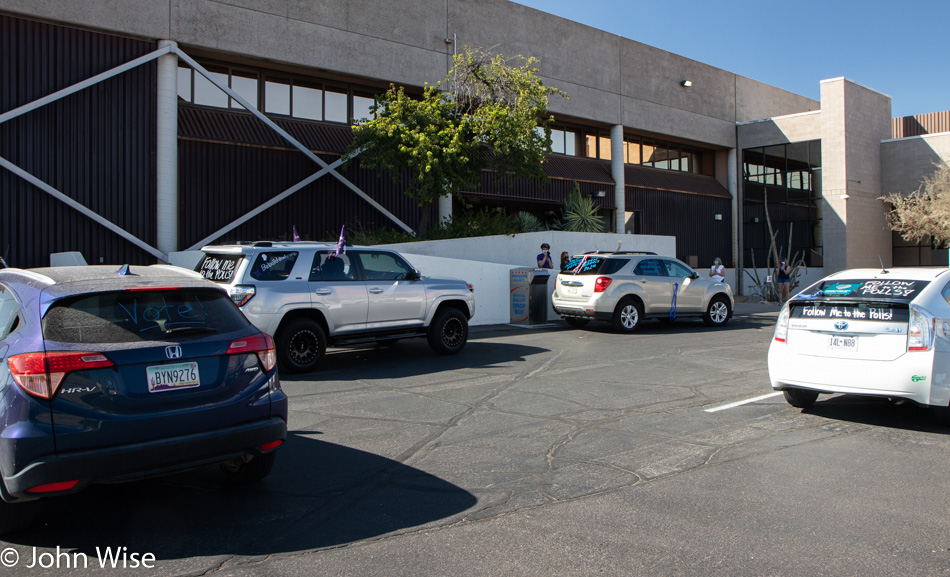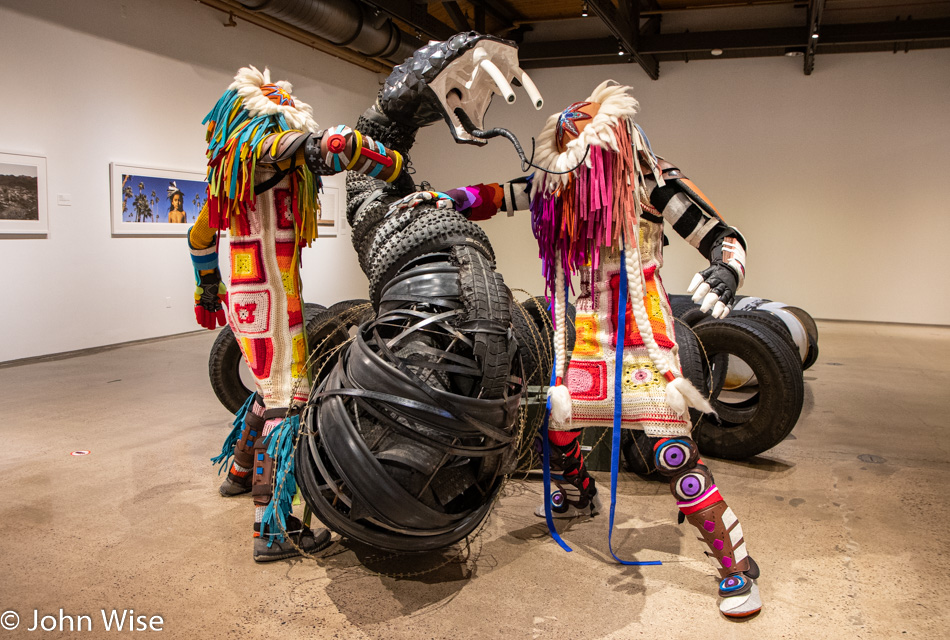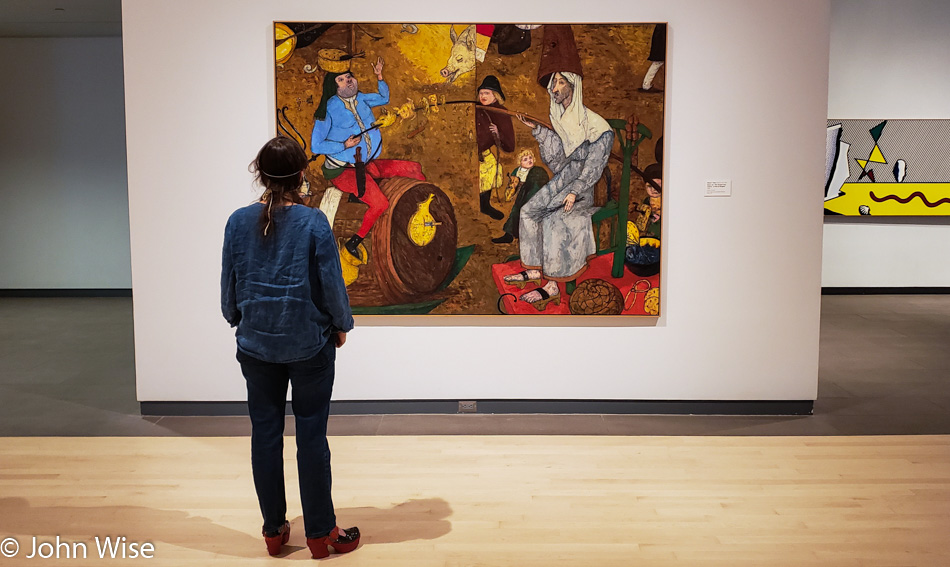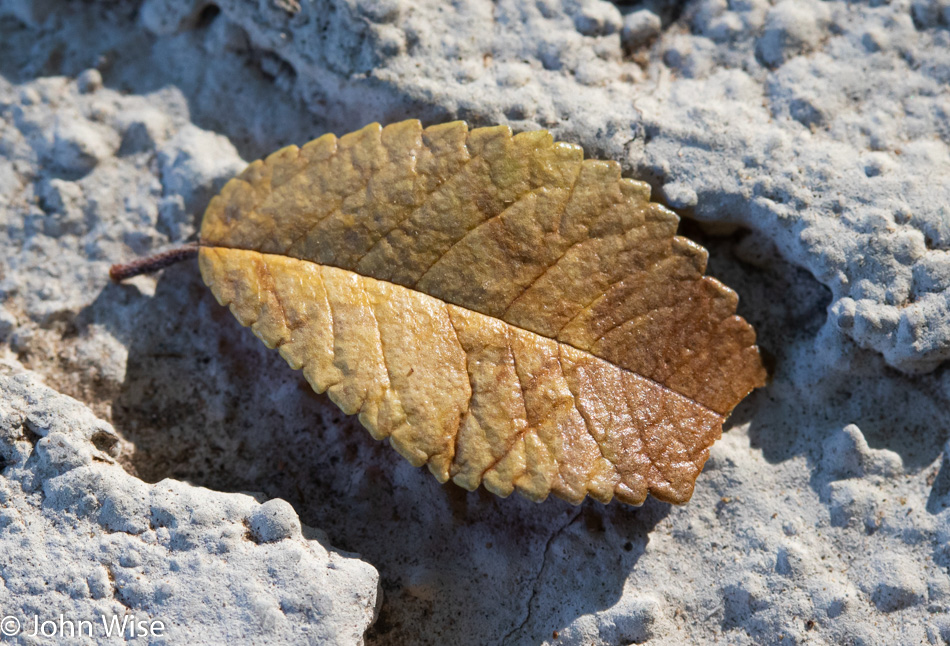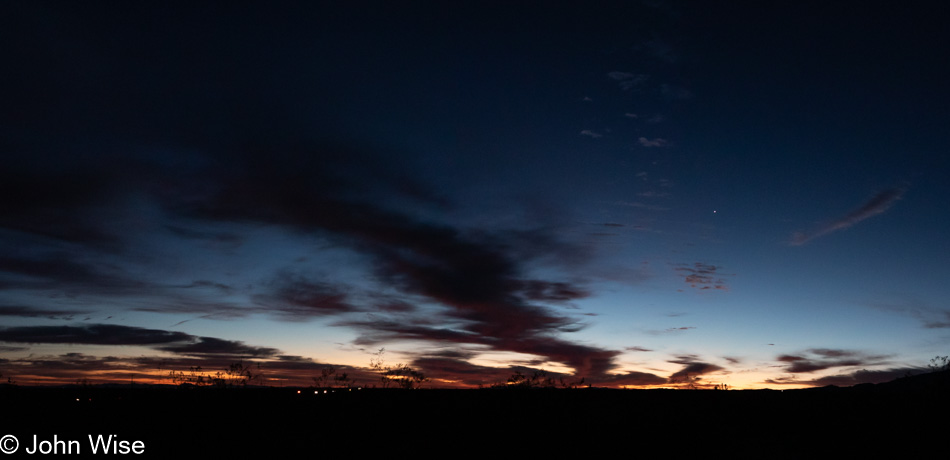
The act of going on vacation, which I termed Remote Self-Isolation, was fraught with tensions due to the escalating outbreaks and fears that with the colder weather and holiday season that pulls families together, America would experience a massive uptick in COVID-19 infections. For the month prior to our departure, I was never sure if our road trip to the Oregon coast was going to take place. Travel restrictions, lodging cancellations, or lock-down orders were never far from my mind.
When we finally started moving west towards the California border, each mile felt extraordinary because we were actually traveling for pleasure during a pandemic. It felt counter-intuitive. We made it to Fresno, California, over 600 miles from home, back on the first day. I was still incredulous that we’d be allowed to take a room in a hotel, as though we’d be questioned about our travel intents. Maybe if our reason for being on the road wasn’t strong enough, we’d be denied lodging and so I was prepared with some concocted nonsense story just in case we were questioned. That story was never well thought out as I know it wasn’t reasonable that we’d be asked anything as truckers and people moving homes had continued traveling the whole time, but that’s where nine months of self-isolation had put a part of my brain.
Entering Oregon, the place was at once familiar and, at the same time, different. Traffic was lighter; that was probably the first thing you would notice. Restaurants were closed or had prominent signs up telling passers-by that they were still doing takeout or food to go. Sure, we’d known this from our bubble in Phoenix. but this was the distant coast, and for some reason, it felt abruptly different. All the same, this was vacation, and if it only lasted a day or two, we’d try to extract all we could from this opportunity to be out. Staying at locations longer, intentionally booking places with kitchens so we could prepare the majority of our meals to choosing our lodgings, considering that we’d be effectively sheltering in place, so we’d better be prepared to entertain ourselves. While it seemed absurd that we should be doing this during a pandemic, things went smashingly well.
But then it all goes and gets wrapped in the punctuation of surrealism as, about 100 miles from home, our car, with us in it, was hit by someone with no interest in dealing with slowing down and confronting what they had just done. We were already traveling at about 75 – 80 mph when a car came out of nowhere and drifted into our lane doing about 100 mph. That car collided with us (or gently bumped us, I suppose) as they quickly recovered and took off even faster while we continued miraculously forward. It took a second for us to wrap our shocked minds around what had just occurred and catapulted us into adrenalized emotional shock. I hit the gas as our car seemed okay to give chase and try to record the license plate. However, that was futile because the other driver was adamant that today was not the day to swap insurance info. I hit 95 mph and started to realize the other person was not, in fact, going to pull over, so I called 911. I learned for the first time that just talking to the phone in my pocket with, “Okay, Google, call 911,” worked to call some 911 network that quickly transferred me to the Arizona Department of Public Safety, our version of the Highway Patrol. At this point, when I started explaining what happened and what we knew about the other driver, it started to really dawn on me that we’d been in an accident. Emotions started to seep in, and I knew the chase was over and that we needed to pull over; the car was in some state of post-crash status, and me getting wrecked, too, now.
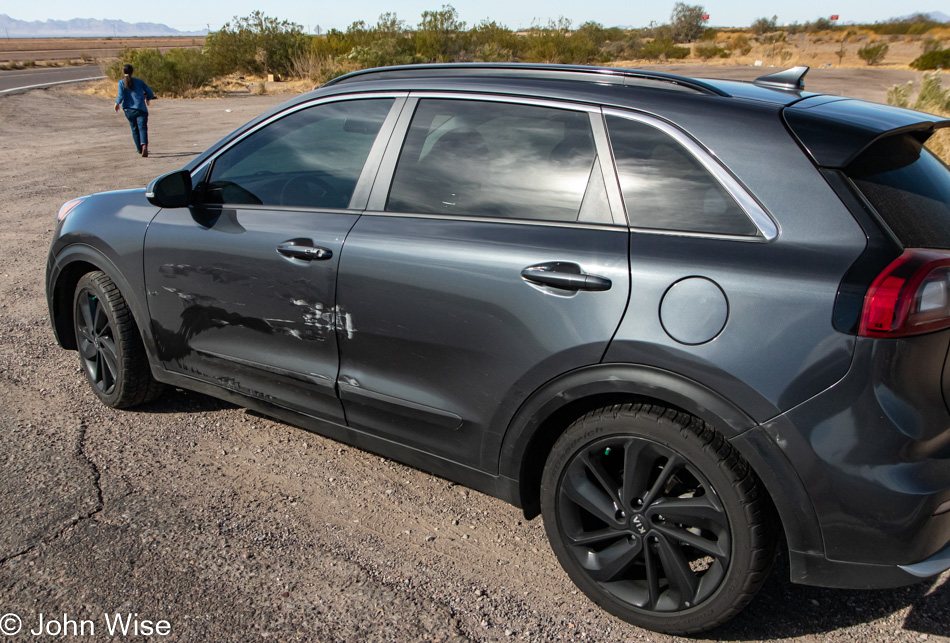
We pulled off at Exit 81, the Salome Road offramp. Stepping out of the car we couldn’t fathom how little damage there was to the car, considering how the cars collided.
The DPS officer showed up about an hour after the initial call; we made our report and drove home. The time between was good for the two of us, as it allowed the panic to subside and a sense of normal to return. Getting home, we went through the routine of starting laundry, draining the ice chest, putting stuff away, etc. We’d been home a few hours by the time the last effects of the shock were subsiding. It was then that the whole thing truly seemed unreal, “Had we really been the victims of a hit-and-run accident just before lunch today?” We’d just finished nearly three weeks of travels during what amounts to a plague with people masked up, hurt, and in fear. Food from restaurants is taken home or eaten right in the car in a parking lot. Marijuana can be delivered or picked up in the drive-thru. Limits on how many people are allowed in businesses are in effect, and in some cases, you are greeted outdoors when a person in gloves and a mask comes out to ask what you want to buy. We rarely spoke to anyone, and checking into our lodgings, we never saw anyone other than the couple of times we stayed at hotels. The surrealism of it all was astonishing.
Now stop and think about just how strange the entire phenomenon of traveling is as you course over the surface of the earth at 80 mph. Or maybe you are aloft in the sky, 5 miles over the roads and sea, speeding along at 575 mph before arriving at your destination. A room awaits you with the amenities you desire, most likely with heating and air-conditioning, don’t forget the TV and wifi, but if you are renting a house, you can expect the number of bedrooms you reserved along with a kitchen stocked with the utensils and instruments you are likely familiar with at home. You are at this new location with your smartphone at your disposal, so you start live streaming right away to a friend or relative, possibly thousands of miles away, sharing in your amazement.
We take things for granted, we define our normal by what we are currently doing and we rarely stop to reflect on how peculiar it all is. In some way, we are all playing in madness by doing what we do, unaware of how random it is that we try to create patterns of behavior out of the chaos of any number of directions our lives could be lived. We’ve recently been witnessing a political apparatus in Washington D.C. consume itself with the rationalization that, because things were being done the way they were, that must be the way they need to be in order for things to work. Confronted with a pandemic, we strangely throw our hands up and feign ignorance about what we should be doing when to this lay-person it was obvious that we needed to “Stop, drop and roll,” metaphorically speaking.
In the last few weeks, we ventured out to try and capture a small part of our former normal: vacationing in Oregon. An ongoing pandemic hinted this was insane, but we could justify it by explaining that our current normal had grown stale and that we needed a break from the routine. We’d driven Interstate 10, possibly hundreds of times by now. Our normal was simply driving it; this time, reality crashed into us, reminding Caroline and me that the two bipeds in the steel cage were moving 26 times our normal walking speed while a virus that doesn’t know borders was potentially present in places our eyesight doesn’t have the capability to see. How crazy is all this?
Our limited senses need the occasional reboot, and 2020 is certainly a year where slowly everyone on our planet is getting it that life has variables that are not always predictable. Relative stability has been a luxury for many in the West since the end of World War II, but prior to that, humanity was living every year in 2020.
All of this begs the question, “Why are we not striving to do our best at making life more meaningful and equipping each other with knowledge and tools to have better lives?”
The only answer I’ve been able to come up with is that a downtrodden class of people, unable to question their circumstances, are being led by a ruling class of the privileged, afraid to ask many questions or alter paradigms out of fear of losing their wealthy positions. We are stuck in a primitive situation unable to budge from our Stone Age roots. Yeah, I know that calling us Stone Age is a bit dramatic, so maybe readers would prefer I reference that we are closer to our Bronze Age ancestors. But why would I be so condescending when humanity has made such incredible technological strides?
A subset of humanity has made those inventions, building upon advancements discovered by an even smaller group of highly intelligent creators. While many have benefited from the dispersion of tools of convenience and shelter offered to the masses, we individuals are further out of touch with life survival skills, personal sustainability skills, or even interests not ordained by mass culture that is actually created by a very small population of literate and technologically adept individuals. The average person cannot farm, make cloth, build a home, treat a wound, hunt, fish, write coherently, read at a respectable level, and most importantly, think.
Big claim, huh? If we are thinking creatures, then why is the misery bestowed upon so many? In my own way, I try to think about many things, many esoteric things that don’t impact my own life such as where do newts sleep. Are human networking topologies too rigid, will I ever really understand Gilles Deleuze, and does my knowledge of our environment offer me any insight I could share and inspire someone here on this blog with? In that thinking, I find it repugnant that we have “leaders” who are not, in fact, leaders. Former President Obama nor current President Trump ever took Caroline and me to Oregon or Europe; neither of them is responsible for our passports or our curiosity about places and cultures that inspire our imaginations. They only tend to be distractions for some and maybe attempt for the general betterment of society as a whole, but it is ultimately up to the population at large to want those changes. When a large segment of the population is in fear due to their Stone Age intellect and lack of ability to harness today’s tools, they slip further back into a type of primitivism that is so out of step with where we should be as a society. This begins to appear surrealistic. We are becoming the warped characters and distortions found on the artist’s canvas while not recognizing our role on this stage of absurdity. Collectively, we are the shadow figures on a cave wall, unaware of the others in our proximity. Mentally, we are deficient troglodytes pretending to have a grasp on what any of this is.
Today’s outcome could have been very different. The hit-and-run driver didn’t spin us around, didn’t push us off the road into the gravel, didn’t rear-end us, or shoot us off the freeway. With both vehicles traveling rapidly, we kissed and parted company. Repairing our car will cost us at least $1000, as that’s our deductible. Strangely, this doesn’t seem so horrible considering what the circumstances could have been, and in the end, it offers me something to think about and share nearly 2,000 words inspired by it.
But there’s a larger question that arises out of this episode: At what point in our lives are we shocked by the intellectual equivalent of a hit-and-run driver that leaves us aware that we haven’t recognized our own ignorance speeding along and risking our lives? In being hit, I was jarred by the complacency that I was driving just fine, and while the accident was in no way my fault, it does illuminate that no matter how aware you hope to be, there is always something that comes out of your blindspot and demands you see your limitations. When we come to understand that although we believed we knew how things looked and operated, but are in an instant challenged by our perception of reality, our state of being confounded is what surrealism strove to show us. We don’t really understand all angles, and some things are not as they appear. Do you really know what’s around the corner, or are you just hoping that things will go on as they always have?
